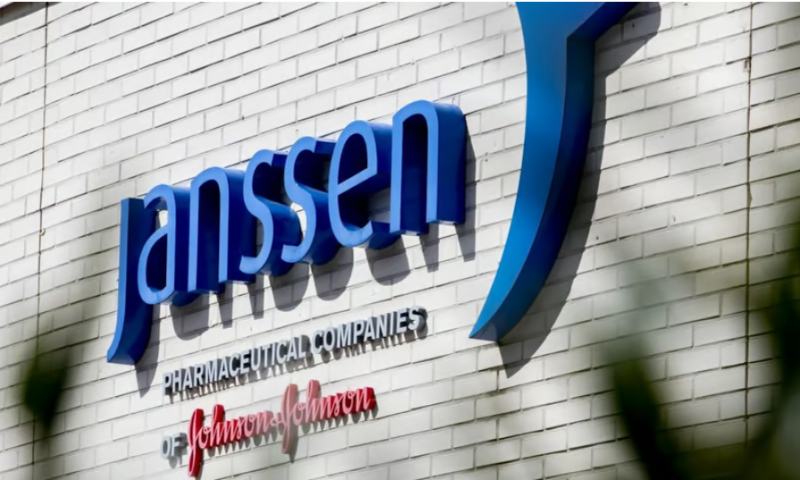Johnson & Johnson may have gone quiet on getting further CAR-Ts into the clinic beyond the success of its Legend Biotech-partnered Carvykti, but that’s about to change.
J&J’s pharma unit Janssen has handed over $245 million in upfront cash and the promise of further milestone payments to Cellular Biomedicine for two autologous CAR-T therapies being investigated in non-Hodgkin lymphoma. In return, Janssen gets the exclusive ex-China rights to the therapies as well as an option on commercializing the drugs in China.
One of these, dubbed C-CAR039, is a bi-specific CAR-T targeting both CD19 and CD20. The therapy is already undergoing a phase 1b study in relapsed or refractory diffuse large B-cell lymphoma (DLBCL) in the U.S., where it has received regenerative medicine advanced therapy and fast-track tags from the FDA. The other asset, C-CAR066, targets CD20 and has a phase 1b study in the U.S. due to kick off in the second half of the year.
Janssen said the two CAR-Ts have already demonstrated “promising overall and complete response rates” in phase 1 studies in China, where the majority of study participants had DLBCL.
“Our innovation strategy is agnostic to the source of breakthrough science, platforms, targets and medicines from the global life science ecosystem,” Yusri Elsayed, M.D., Ph.D., disease area leader for hematologic malignancies at Janssen, said in the release. “The Cellular Biomedicine Group team has discovered differentiated cell therapies with clinically validated CD20 CAR constructs, and we look forward to harnessing our expertise, capabilities and scale to lead the global development of these innovative CAR-T products.”
Many of J&J’s Big Pharma peers have pressed ahead with their CAR-T ambitions—such as Kymriah maker Novartis’ T-Charge platform, or Gilead Sciences, which is exploring the possibility of allogeneic or “off the shelf” options. Others, like AstraZeneca, were late to the game but are now trying to make up for lost time.
In this crowded field, J&J was a notable absentee, having not pursued another CAR-T into the clinic beyond Carvykti. The therapy, a collaboration with Legend, brought in $72 million in sales in the first quarter of 2023, while a recently leaked abstract suggested the CAR-T has significant potential in earlier myeloma.
For Cellular Biomedicine, the hefty upfront payment means it’s a savvy deal, whatever the undisclosed milestone payments turn out to be. The company, which is based in both the U.S. and China, has previously received funding from AstraZeneca and signed a Kymriah manufacturing deal with Novartis.

